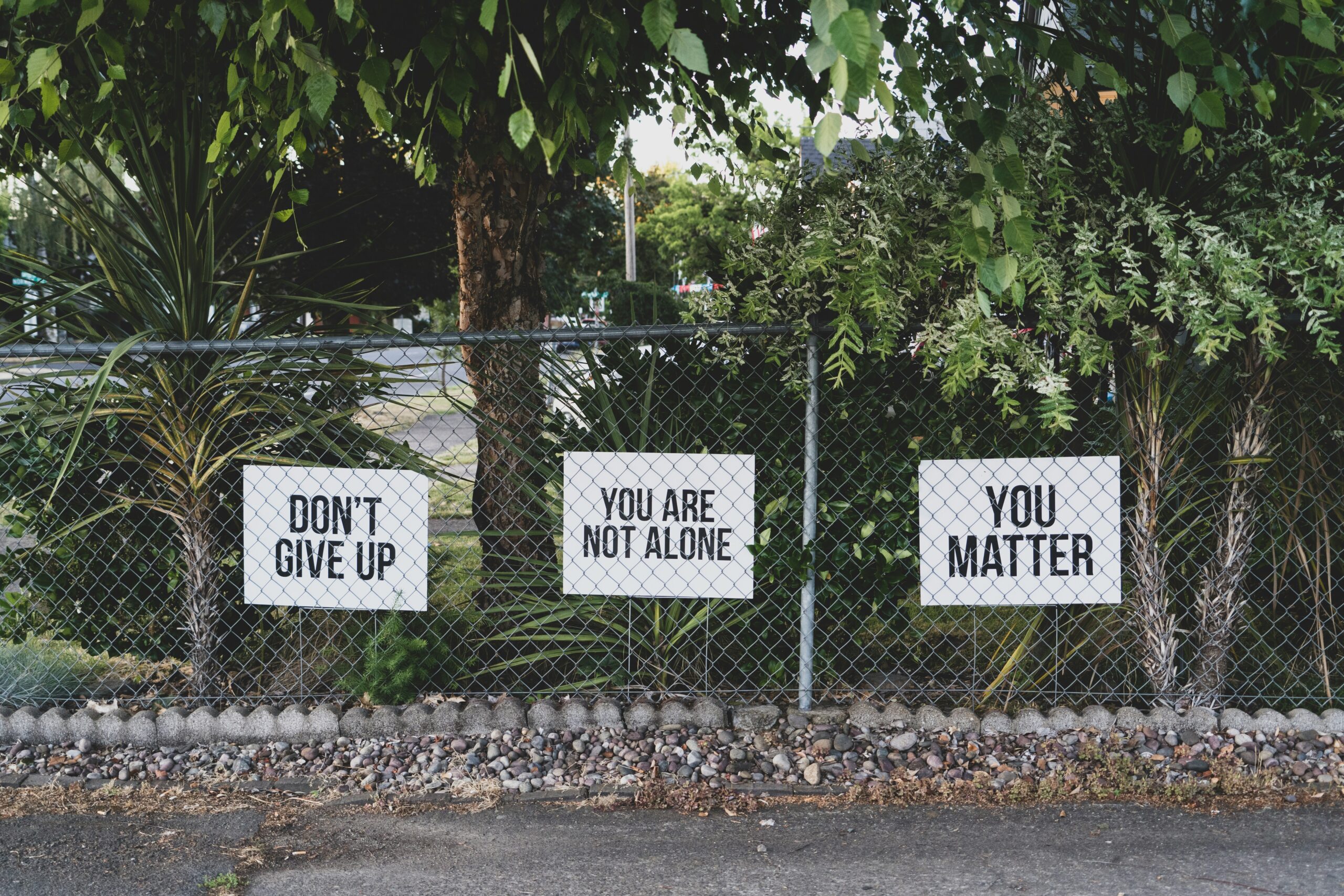It’s Men’s Mental Health Month again. This is the time of year we encourage our men to talk about their sentiments, their emotions, and everything that they have been advised to keep inside, like a fine wine. But we’re blowing the cork this month! It’s no secret that mental health is serious business, and this month we’re here to address it with compassion and unity.
What is the purpose of Men’s Mental Health Month, then? It’s a time set aside to bring attention to the difficulties men encounter with their mental health and to inspire them to get treatment without feeling guilty about it. This month, we want to dismantle barriers, dispel myths, and—above all—have conversations about mental health that are as casual as discussing sports scores.
Are you prepared to take the first steps toward mental wellness? Fasten your seatbelts—this will be an insightful and encouraging journey!
The Shame: Why Do Men Keep Things Inside?
Let us tackle the most pressing issue at hand: the stigma associated with men’s mental health. Men are expected to be silent, stoic, and strong by society for a very long time. But shock of all: vulnerability is the true source of power!
The idea that guys shouldn’t be emotional or cry is as archaic as a flip phone. Still, it continues, leaving countless men to suffer in quiet. It’s time to dispel these antiquated ideas and welcome a fresh perspective that allows men to express their emotions without fear of criticism or mockery.
Talks are the first step towards eradicating this stigma. Men in your lives should be encouraged to discuss their mental health. Always keep in mind that it’s acceptable to feel and to ask for aid. Ultimately, even superheroes require a sidekick from time to time!
The Value of Humor for Mental Wellness
It’s true that laughter is good for your mental health. When it comes to mental wellness, a good laugh does wonders. It can boost mood, reduce stress, and even fortify the immune system. Spread the joy—laughing is contagious, after all!
Imagine laughing together with a friend who is having a hard time. Reminding them they’re not alone can be a potent link, that moment of shared joy. A bridge that opens up discussions about mental health is humor.
Therefore, let’s urge guys to discover joy in daily life as well as to discuss about their mental health this month. Laughter can help promote recovery, whether it’s through sharing a ridiculous meme or viewing an amusing movie.
Identifying the Symptoms of Mental Health Issues
How can you tell if someone is having mental health issues? The symptoms are often rather modest. Indicators may include mood swings, social disengagement, and changes in sleep habits.
Early detection of these symptoms can have a significant impact. It opens the door for assistance and intervention before things get out of hand. And never forget that it’s acceptable to inquire about someone’s well-being. A straightforward “How are you really feeling?” can start a deeper discussion.
If you’re a man reading this and you see these symptoms in yourself, remember that it’s acceptable to get assistance. There is a community ready to help you, so you’re not alone.
Getting Help: You’re Not alone Yourself
You are not alone, which is one of the most significant messages of Men’s Mental Health Month. Numerous networks and services exist to assist guys in their paths towards mental wellness.
The possibilities are numerous and diverse, ranging from internet forums to therapeutic groups. Sometimes it can feel so freeing to simply know that you can express yourself in a secure place. Therapy is a proactive measure towards preserving mental health, not only something to do when things are really bad.
Encourage someone you know who might benefit from professional assistance to look into these possibilities. And make that courageous initial move if you’re looking for support for yourself. Your mental well-being is valuable!
Establishing a Helpful Network
Particularly when it comes to mental health, no man is an island. Creating a network of allies is essential. This can be anyone who provides a safe area to express oneself and a listening ear, such as friends, relatives, or mental health experts.
Make contact with those you trust first. Talk about your experiences and urge others to follow suit. Open communication about mental health can improve bonds between people and create a community that is supportive.
Recall that having a meaningful network is more important than having a big one. As they say, quality trumps quantity. A small group of trusted friends can have a huge impact.
How Physical Well-Being Affects Mental Wellness
There is a close relationship between mental and physical wellness. A healthy diet, regular exercise, and enough sleep can all significantly improve mental health. Who doesn’t enjoy the endorphin rush following a vigorous workout, too?
Men in your life should be encouraged to participate in physical activities they enjoy. Exercise can be a very effective way to manage mental health, whether it’s a brisk walk in the park, a game of basketball, or a morning run.
And never forget that having a great body is secondary to feeling comfortable in your own flesh. Above all, don’t forget to have fun and celebrate each little accomplishment!
Accepting Vulnerability as the New Power
It’s a strange thing to embrace vulnerability in a world that often celebrates toughness. But it also gives you a lot of empowerment. Sharing your emotions with others and acknowledging them yourself can promote deeper connections and personal development.
Let’s rethink what it means to be strong this month. Being upfront and truthful about one’s feelings is what defines strength, not repressing them. Saying “I’m not okay” and asking for assistance is acceptable.
We can foster a culture where mental health is valued and everyone feels supported and understood by accepting vulnerability. That is quite strong!
Joining Us in Honoring Men’s Mental Health Month
We have the chance to unite and provide mutual support to one other during Men’s Mental Health Month. Organize gatherings, strike up discussions, and raise awareness. Every small deed matters.
Think about setting up a virtual meet-up or a community gathering to talk about mental health issues. Destigmatizing mental health and fostering a feeling of community can be achieved through sharing experiences and tales.
Recall that every voice counts. You’re advancing a greater movement for mental wellness and acceptance by taking part in Men’s Mental Health Month.
Towards the Future: Improving Men’s Mental Health
Let’s hope for a time where mental health is freely discussed without stigma or condemnation as we commemorate Men’s Mental Health Month. A time when males are confident enough to ask for assistance and encourage one another.
By working together, we can make a society where mental health is valued and everyone is made to feel heard and seen. Let’s keep dispelling myths, dismantling obstacles, and promoting an accepting and understanding society.
Cheers to a better, more robust future for every man—and to the assistance that will get us there!

MD Mitchell Grant Cohen
Dr. Mitchell G. Cohen is a board-certified Internal Medicine specialist with over 34 years of experience in patient-centered healthcare. A graduate of Hahnemann University School of Medicine, Dr. Cohen completed his internship at the University Health Center of Pittsburgh, where he gained invaluable hands-on experience. He is also a certified addiction specialist, holding membership with the American Society of Addiction Medicine (ASAM).
Currently based in Nashua, NH, Dr. Cohen is affiliated with Saint Joseph Hospital, where he provides comprehensive care focusing on both internal medicine and addiction treatment. His expertise includes prevention, diagnosis, and management of adult diseases, as well as specialized care for individuals facing substance use disorders.
Dr. Cohen is committed to fostering open communication, ensuring his patients are fully informed and empowered to make confident decisions about their health and treatment options.







